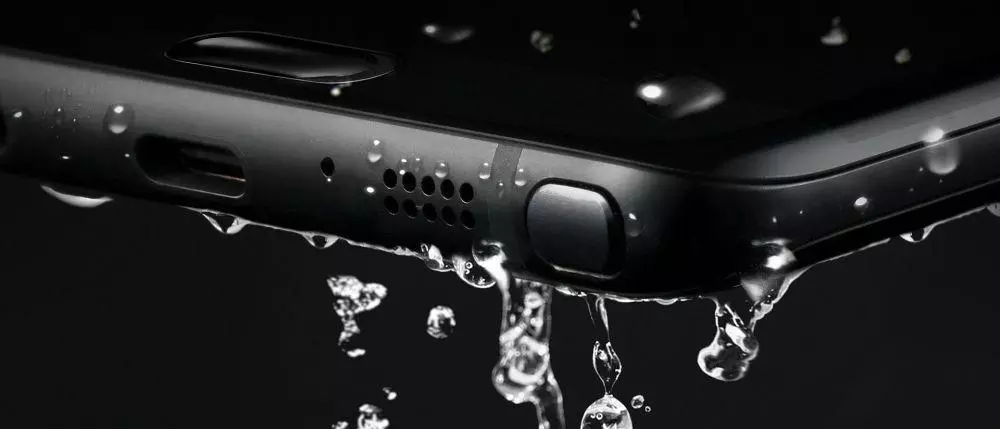Comments
- No comments found
Once considered a potential “iPhone killer”, the Samsung Note 7 failed miserably. The South Korean giant was forced to make a second recall following leaked pictures of smartphones ablaze were shot across social media.

Samsung’s ambition to rival Apple in the smartphone market suffered a profound setback © BBN Times
Once considered a potential “iPhone killer”, the Samsung Note 7 failed miserably. The South Korean giant was forced to make a second recall following leaked pictures of smartphones ablaze were shot across social media. Affiliate Samsung SDI is widely blamed for the faulty batteries that prompted the recall, but the main culprit is yet to be discovered. Who has the main responsibility behind this debacle and what is the future of the Note product line? How Samsung breached boundaries in its bid to trump Apple and what are the consequences for its reputation? The company’s chances to leapfrog Apple definitely slipped away this year. The recent reactions of Samsung suggest worrying signs for their quest for supremacy in the smartphone industry.
Following a series of fires in its flagship Galaxy Note 7, the South Korean giant was forced to relegate the model to history in one of the most humiliating chapters in consumer electronics. More than £15.6 billion was wiped off the firm’s market value amidst growing fears around the Note 7 safety issues. This could damage the group’s reputation and have an impact on their other products. Indeed, there have already been some signs of contagion, with a slowdown in S7 sales this week coupled with customers’ frustration. However, it is still too early to tell if there had been a sustainable damage to the Samsung brand. Samsung thought it had solved the battery fire problems this past September after US regulators ordered the first recall after 92 reports of batteries overheating. But the incidents continued, putting intense pressure on the group. After scaling back production earlier this week, it finally took the unprecedented step to kill off the model.
Not only consumer satisfaction is deeply affected, but also stock markets. Shares in the South Korean company fell 8% — their biggest percentage decline since October 2008 — as insiders warned that the damage from the recall fiasco was likely to hit Samsung’s reputation as well as sales in coming months. Wall Street analysts argue that Samsung may face an uphill battle to regain consumer confidence. Effectively, the second withdrawal of the product in two months highlighted the firm’s struggles to fix the problem and had sharpened criticism that it was too quick to blame the original battery supplier for their products’ safety issue.
The permanent withdrawal has sent shockwaves around the world. The following could be a boon to major rivals such as Google and Apple, just as their new devices — Pixel XL and iPhone 7 plus — hit the electronic market ahead of the crucial holiday sales period. Last weekend, Samsung was praised for its handling of safety issues in their products until it the latest debacle, which sent an entire industry to frenzy. Its statement late on Monday, asking all global partners to stop sales and exchanges of the phone and urging consumers to immediately power down their Note 7 models, highlighted the severity of the problem.
In addition to technical issues, smartphones are vulnerable to the same security risks as computers. As we become inseparable from our mobile devices, the risk of identity theft is growing. In fact, viruses, spyware and worms are proliferating at an alarming rate. On Android phones alone, the number of known malicious programs jumped from 400 to more than 13,000 over the space of six months in 2011. These nasty bits of code can do anything from monitor and report on your web browsing habits, to allow complete remote control of your phone. Yet, while most individuals would never buy a computer without virus protection, they are much less likely to protect their smartphones – in part because existing virus protection programs are less effective or often don’t work on smartphones.
Samsung has been a fast follower, reproducing the most alluring aspects of Apple’s devices in Android form, with its own tweaks and refinements, but the firm’s race against time led to alarming safety issues concerns. Efficiency has been clearly overlooked and the company is paying the price. Samsung’s lack of originality has always made up for its speed. However, with the Galaxy Note 7, it went too fast. Every product recall is painful, but Samsung contrived to turn this one into a fiasco. Ironically, this year’s Note 7 got the best reviews the product line has ever seen. But now that the rest of the industry has caught up on its screen size and battery life, the Note has lost much of its raison d'être.
Badr Berrada is a tech entrepreneur & international best-selling author. As a Founder & CEO of BBN Times, he manages a team of more than 150 renowned industry experts. He has been featured in renowned publications such as Forbes Magazine, Business Insider, Yahoo! News, Thrive Global, Irish Tech News, Khaleej Times, Herald-Tribune, Pulse Ghana, le360 and IdeaMensch. Badr Berrada is also the CEO of Tech BSB, a consulting platform that provides services in artificial intelligence, cybersecurity, data analytics, cloud computing and sustainability. He co-authored The Growth Hacking Book: Most Guarded Growth Marketing Secrets The Silicon Valley Giants Don’t Want You To Know and The Growth Hacking Book 2 : 100 Proven Hacks for Business and Startup Success in the New Decade. Badr holds a master's degree in Economy, Risk and Society from the London School of Economics and a bachelor degree in Finance from Cass Business School.
Leave your comments
Post comment as a guest